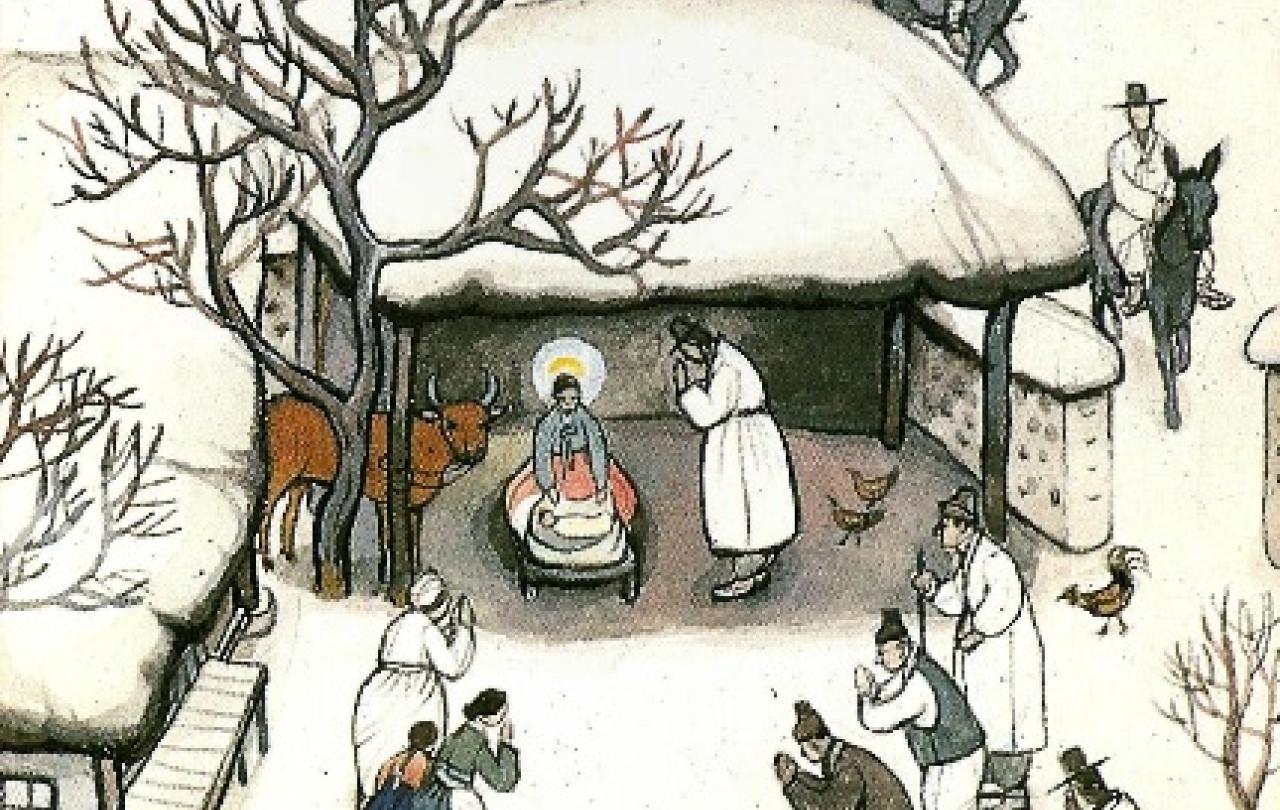
There are rules to sitcoms. I should know. I’ve been writing sitcom scripts for over twenty years. This includes two Christmas specials (Miranda and Bluestone 42). When you start writing a Christmas episode of a sitcom, you look back to Christmas specials you saw as a child. Soon, you are aware that there are certain expectations for a Christmas special. You also realise you can break one of the rules of sitcom.
Before I explain what that is, let me give you the basic rules of a TV sitcom. Essentially you need three things: Characters; conflict; and a confined space. Each episode has a beginning and a middle and end, but the characters must end up back where they started.
The characters in a sitcom are in conflict. They have contrasting viewpoints, seeing the world very differently. And they are confined, unable to walk away from each other because they are family (Think Del and Rodney in Only Fools and Horses), or they have to work together (Think Sir Humphrey and Hacker in Yes, Prime Minister) or they all live in the same suffocatingly small village (Think Geraldine and Alice in The Vicar of Dibley).
Each week, the characters have quests. They conflict. The story plays out in the same reliably predictable but surprising way. Del Boy has another get-rich-quick scheme; Sir Humphrey tries to stop Hacker from changing anything; and the Vicar of Dibley keeps trying to help Alice and the idiots who surround her. That can’t change, even in a Christmas special.
It’s not for a twenty-first century sitcom writer to say that the Greeks didn’t know anything about theatre, but wow. Modern audiences would not stand for this totally unjustified divine intervention.
At Christmas, however, you can have your characters go on a journey. That’s quite a popular option. But the journey has to be arduous – like the journey to Bethlehem – and might involve a pregnant woman (think The Royle Family) – like the journey to Bethlehem. But your characters could go on a road trip in any episode. That’s not the rule you have to break.
Your Christmas special might be centred around your character’s own version of what constitutes ‘the perfect Christmas’. These expectations must be met, but the lesson is normally that it’s all about who you’re with, not what you do. In the Bluestone 42 Christmas special, the bomb disposal team in Afghanistan are away from home so trying to have a ‘normal’ Christmas with turkey and a nativity play in which yonder star turns out to be a mortar attack by the Taliban. But they’re in it together.
Family is always important in a sitcom, but doubly so in a Christmas episode. In Miranda Series 2, our comedy heroine wants to do Christmas her own way with her friends, and not spend the day with her embarrassing and eccentric parents. But she learns a common Christmas lesson that family comes first, home is best, and no-one does Christmas better than your own family. Again, this is not a deviation from the normal rules.
So, what rule does the Christmas episode break? It is cast iron law across all genres of television. It’s the Deus Ex Machina. That’s not normally allowed. Deus Ex Machina literally means ‘God from the machinery’. It’s a Latin term for what happens in Greek theatre. Actors representing gods would be suspended above the stage and at the denouement of the play, they would come down and intervene, so that everything is sorted out.
It’s not for a twenty-first century sitcom writer to say that the Greeks didn’t know anything about theatre, but wow. Modern audiences would not stand for this totally unjustified divine intervention. If a character was about to be exposed by the annual Church fete and at the last minute, a thunderstorm out of nowhere rained off the whole event, you would start throwing things at the TV. If a character declared undying love to another and it was not reciprocated, the sudden discovery of a foolproof love potion in the third act would have the producer, director, the cast and even the make-up lady asking for rewrites.
But at Christmas, God comes down from on high. So, in your seasonal sitcom special, you’re allowed a miracle. In fact, the audience are almost demanding a ‘Christmas miracle’. This is the time of year when magic happens.
This miracle normally happens overnight because that’s when miracles happen. The Wise Men followed the star to the witness the child born of a virgin. Given stars were involved, we presume it was night time (although the text doesn’t say so). Marley and three Christmas ghosts visit Ebeneezer Scrooge at night. He is miraculously transformed by the experience.
Christmas is a time when lots of people going to church who normally would not, but the vast majority of people in the UK do not go to church or worship God at Christmas. But the incarnation, that is story of God made flesh in Christ, keeps poking through and turning up whether we like it or not. If we won’t go to church to hear that story, God will send it through waves and wires and onto our screens in TV specials so that we all remember that Christmas isn’t just a time for family and traditions; it is a time of miracles. At Christmas, we allow ourselves the luxury of belief.





